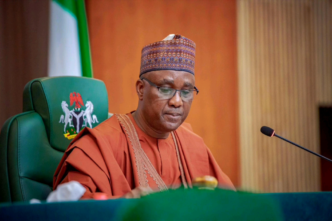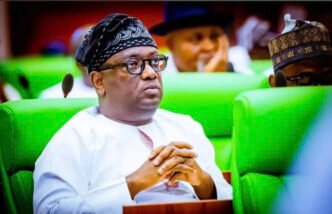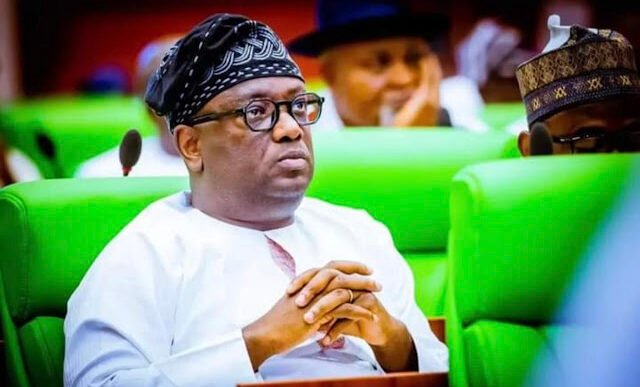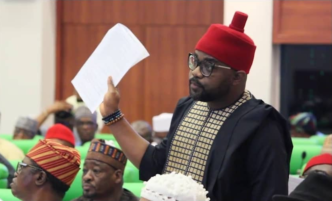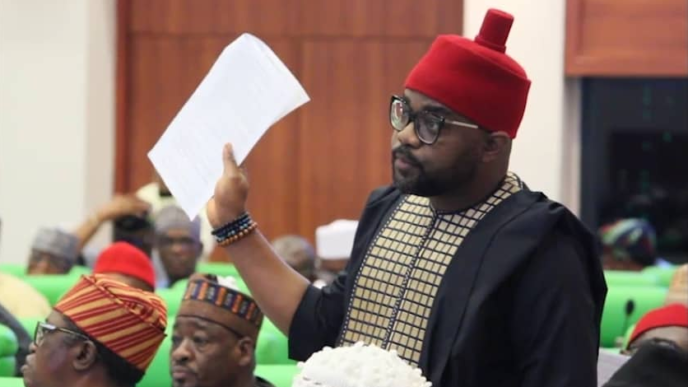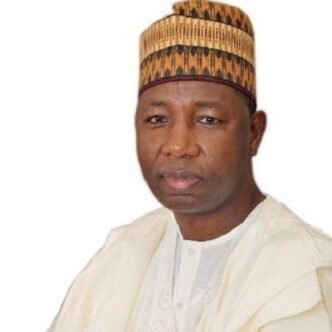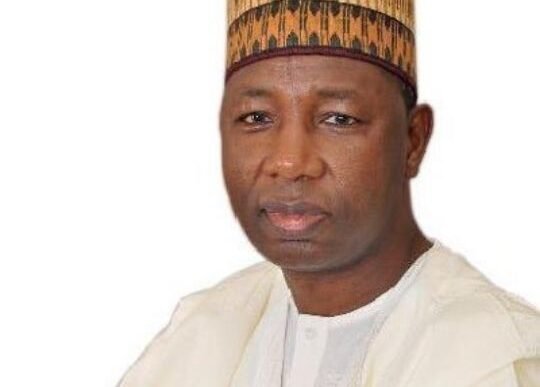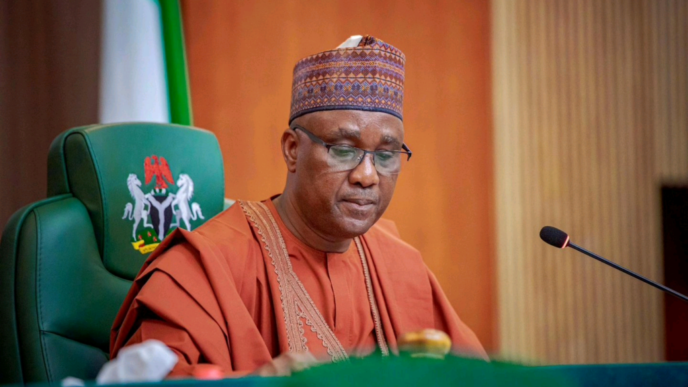HB. 1310-A BILL FOR AN ACT TO ALTER THE PROVISION OF THE CONSTITUTION OF THE FEDERAL REPUBLIC OF NIGERIA 1999 TO LEAD TO THE DECENTRALIZATION AND GOVERNANCE OF NATURAL RESOURCES IN THE FEDERAL REPUBLIC OF NIGERIA AND FOR RELATED MATTERS
This Bill seeks to alter Sections 44 of the Constitution, to give the Federal Government and State Government; joint control over Natural Resources in Nigeria and within its territories. Bill Sponsored by Speaker of the House of Representatives, Abbas Tajudeen, and three others. Bill Progress: Committee Stage.
The proposed amendment aims to promote equitable resource distribution, and to reduce tensions associated with resource allocation by ensuring that host communities and states have a more direct stake in managing their natural wealth.
A new legislative proposal in Nigeria, designated as HB. 1310, aims to address a deeply contentious issue within the country’s federal structure: the governance and control of natural resources. This bill seeks to amend the 1999 Constitution to decentralize resource management, shifting control over resources such as oil, gas, and solid minerals from the exclusive purview of the Federal Government to state and potentially local governments.
The primary objective of HB. 1310 is to bring about significant constitutional change by transferring certain responsibilities from the Exclusive Legislative List to the Concurrent Legislative List. Currently, Item 39 of Part 1 of the Second Schedule designates “Mines and minerals, including oil fields, oil mining, geological surveys, and natural gas” as exclusively controlled by the federal authorities. The proposed amendment would enable both the Federal and State Governments to legislate and regulate the exploration, management, and revenue generation from these resources within their specified jurisdictions.
The demand for decentralizing control over natural resources, often referred to as “resource control,” has been a persistent issue in Nigeria, particularly among communities in the oil-rich Niger Delta region. Advocates argue that the existing centralized system has resulted in perceived injustices, where states most affected by resource extraction bear the environmental and social costs yet receive a disproportionately small share of the generated revenue. This disparity has led to a history of protests, militant agitations, and conflicts in these resource-rich regions.
In addition to addressing grievances related to equity, HB. 1310 also aims to foster local development in host communities. Despite Nigeria’s vast natural wealth, many such communities remain impoverished and underdeveloped, often lacking adequate infrastructure and basic services. By decentralizing natural resource governance, the bill could empower these communities to gain direct benefits from the resources extracted in their regions.
Proponents of the bill argue that increased state control over natural resources could be beneficial for several reasons. Firstly, states would have more direct access to revenue generated from resources, which could enable greater investment in local development initiatives. Secondly, localized decision-making could lead to development projects tailored to the specific needs of resource-bearing communities, promoting more effective governance and enhancing accountability.
Furthermore, it is believed the bill could help mitigate tensions and reduce grievances among communities where resources are extracted. The potential for economic improvement and enhanced local control may alleviate some of the unrest that has historically characterized the Niger Delta and similar regions.
However, critics raise valid concerns about the implementation of HB. 1310. There are fears that enhanced state control might exacerbate regional tensions, with states aggressively claiming resources that could lead to boundary disputes and conflicts. The possibility of empowering local political elites or “warlords” is also a worry, as it could result in increased political instability and potential abuses of power.
Additionally, the decentralization of natural resource governance could introduce risks of corruption. Without strong anti-corruption measures, this shift may merely transfer corrupt practices from the federal level to the state level, making it more widespread. Environmental concerns also arise, with critics arguing that states might prioritize immediate revenue generation over ecological protection, leading to detrimental impacts on local environments.
Furthermore, many state governments may lack the necessary technical expertise and regulatory frameworks to effectively manage complex natural resource sectors. This lack of capacity could hinder the effective oversight and management of resources, undermining the potential benefits of the decentralization effort.
The balance between national interests and state interests presents another significant challenge. The federal government may face decreasing revenue levels, necessitating a reassessment of its financial commitments. Therefore, ensuring that both levels of government can effectively coexist and manage resources in a way that preserves national interests is crucial.
HB. 1310 is sponsored by the Speaker of the House of Representatives, Abbas Tajudeen, along with several other influential lawmakers, indicating substantial support within the legislative leadership. The bill will undergo a stringent legislative process, requiring passage by a two-thirds majority in both the House and the Senate. Additionally, it must receive approval from two-thirds of the State Houses of Assembly—at least 24 out of 36 states—before it can receive Presidential assent to become law.
In conclusion, HB. 1310 represents a significant and bold effort to reshape natural resource governance within Nigeria. While it addresses long-standing grievances and aspirations for true federalism, effective implementation will require thorough planning, robust regulatory frameworks, and measures to mitigate potential conflict and corruption risks. The bill’s journey through the legislative process is expected to be closely monitored, as its outcomes will have profound implications for Nigeria’s political stability, economic development, and governance.
